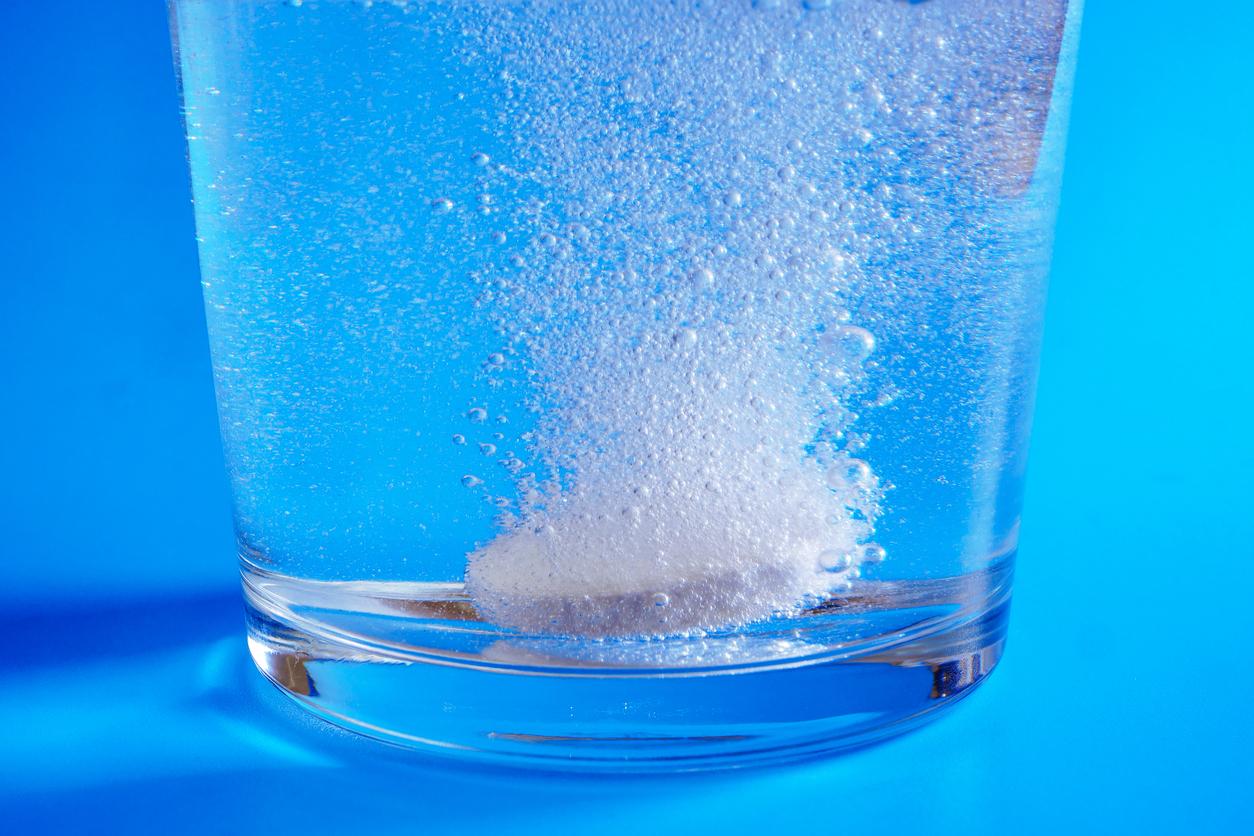With a doctor’s approval, taking aspirin every day could prevent developing fatty liver disease (NASH).

Daily intake of aspirin could prevent the progression of non-alcoholic fatty liver disease (NAFLD) to non-alcoholic steatohepatitis (NASH), according to a study of Clinical Gastroenterology and Hepatology.
Fatty liver disease is an overload of fat in the liver, which is not due to alcohol consumption but to an unbalanced diet and lack of exercise. Non-alcoholic fatty liver disease (NAFLD) can progress to an advanced and more serious form: non-alcoholic steatohepatitis (NASH), which is characterized by inflammation and fibrosis. Cirrhosis and liver cancer can then appear.
No preventative drugs
“Our study is the first to demonstrate that aspirin is associated with a reduced risk of developing liver fibrosis over time,” says Tracey Simon of Massachusetts General Hospital. “If these results are validated by further research, I think it is very promising for patients with NAFLD, who do not have any effective preventive medications to slow progression to NASH,” she continues.
The prospective study included 361 adults. Among the participants, 151 were already taking aspirin daily at the start of the study, mainly (54%) for the primary prevention of cardiovascular disease.
30% of the French population
It is difficult to quantify the number of people with NASH in France. Professor Dominique Lannes, author of the book “NASH: the disease of junk foodspeaks of one to two million people. he in 2017 at LCI. This does not mean that all of these people will arrive at the NASH stage. To have a very precise idea of the number of individuals affected, it would be necessary to perform a liver puncture on all French people and examine it, so it is complicated. At the level of France, this still represents 1 to 2 million people potentially affected by NASH”.
To cure NASH, there is no miracle recipe. When the liver is damaged, transplantation remains the only option. Around 1,300 liver transplants are performed each year in France. Very little in the face of the modern NASH epidemic. “Transplants due to hepatitis B or C should decrease considerably in the coming months due to very active treatments now. Steatosis concerns 30% of the population, of which 10% of them have NASH. In fact, the donors of deceased livers do not necessarily have organs in good condition, which can pose a problem for a transplant. If there is an increase in transplants, we are definitely heading towards problems of organ shortage “, worries Professor Dominique Lannes.

.















